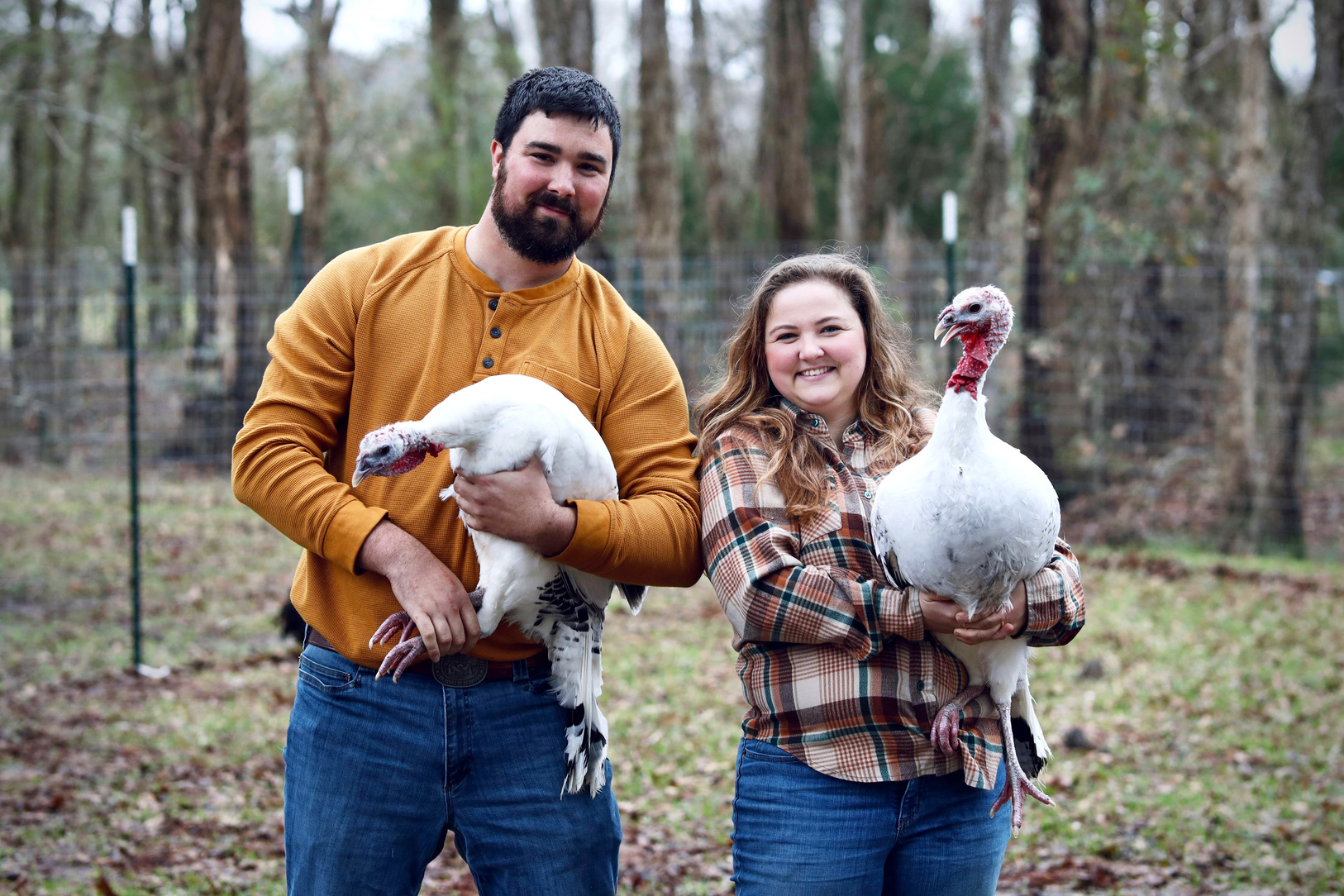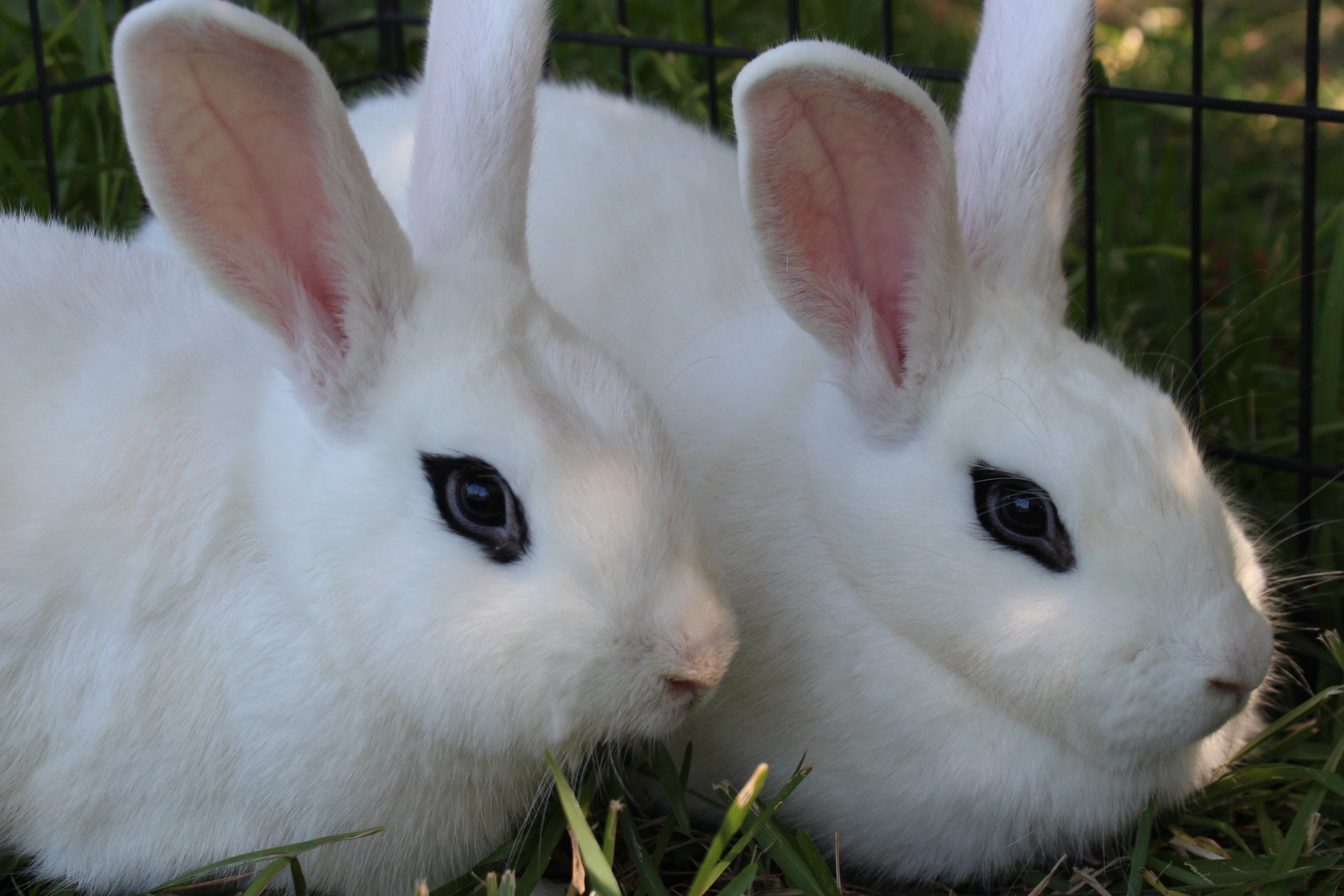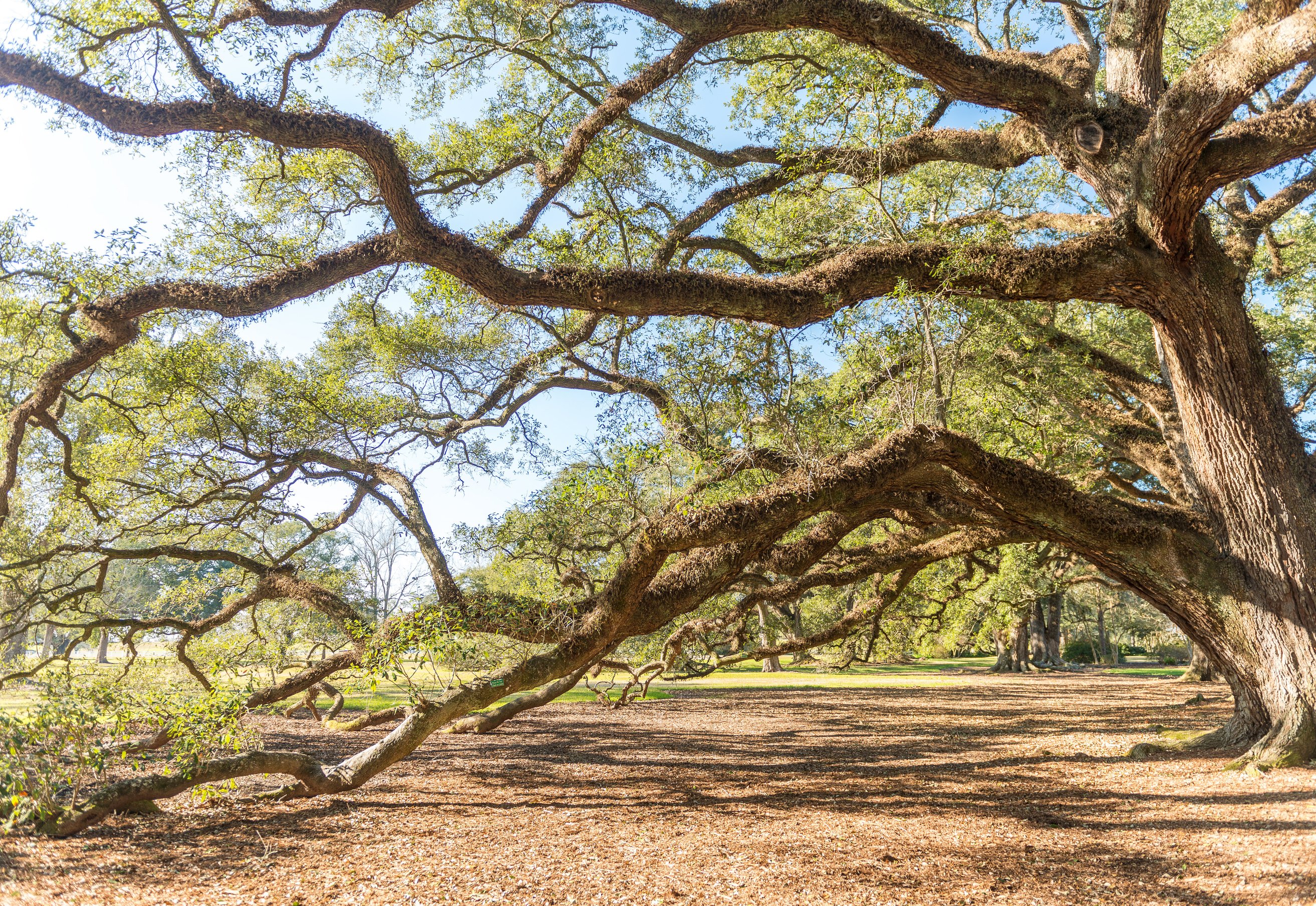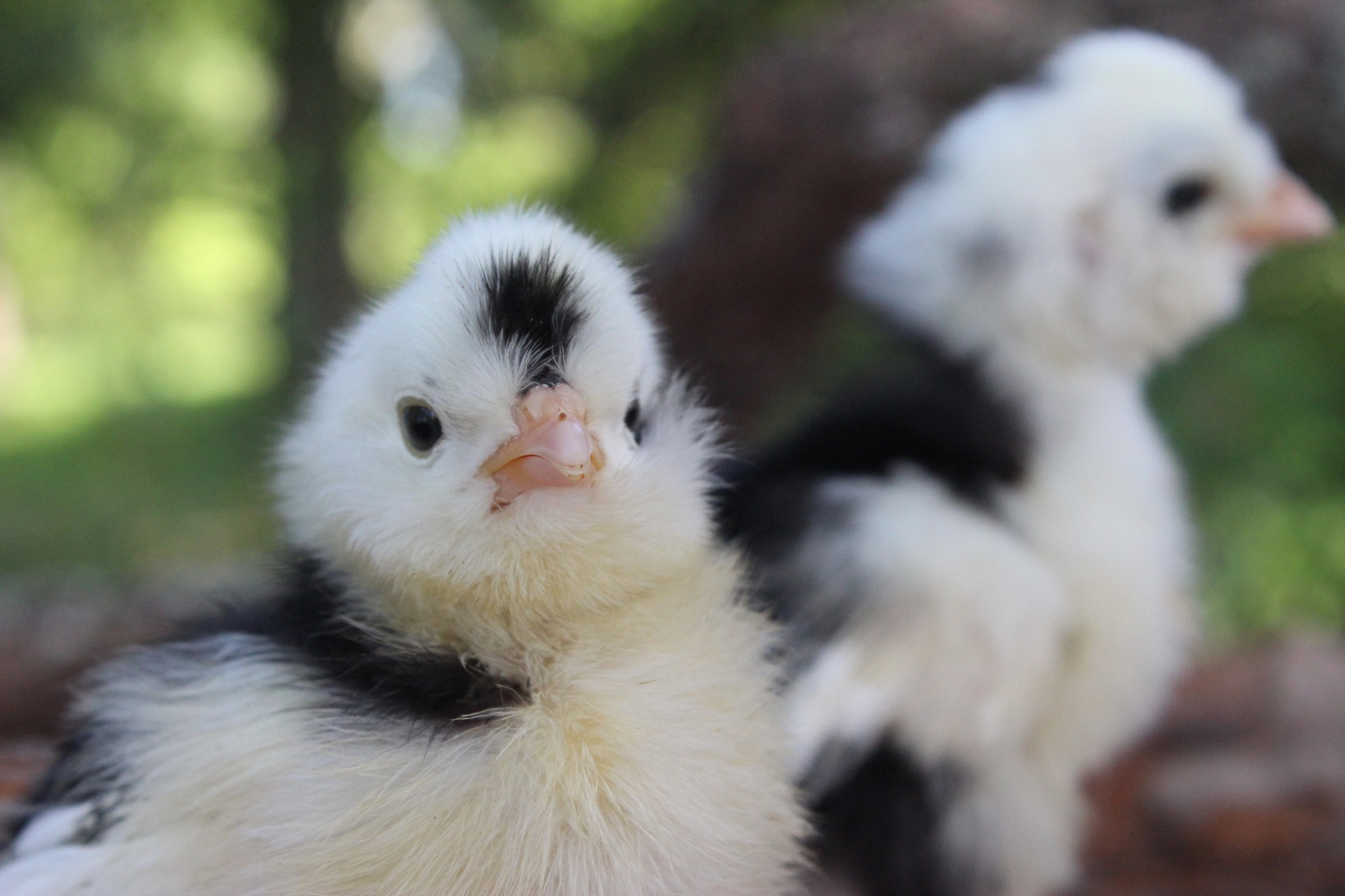
ABOUT US
We are a small farm dedicated to conserving heritage breeds, preserving traditional farming techniques, and incorporating native habitat management into our land.
We are located in St. Martinville, Louisiana in the heart of Cajun country. In early 2022, we made the decision to elevate our hobbies and established Cumberland Cajun Farms.
Coincidentally, in 2019 we acquired our initial group of Cochin chickens, and shortly after, in 2020, a Royal Palm turkey joined us. This unexpected addition motivated us to grow our flock and introduce more heritage breeds in need of conservation to our farm.
Due to the rise of large farms trying to meet contemporary consumer needs, the livestock breeds inherited from our ancestors are at risk of extinction. These breeds carry essential genetic diversity crucial for the future stability of our food system. They exhibit distinctive traits that many popular breeds do not possess, such as disease resistance, foraging skills, and strong maternal instincts.
TURKEYS
Royal Palm
Livestock Conservancy Status:
Watch (fewer than 5,000 breeding individuals in the US)
Uses:
Eggs (large), meat, exhibition
Weight:
Toms up to 22lbs
Hens up to 12lbs
The Royal Palm turkey was first developed in Fort Worth, Florida in the 1920s. The breed was recognized by the American Poultry Association in 1971.
Royal Palms sport beautiful contrasting black and white feathers with red to blueish-white heads. Their beards are black and beaks a light horn color. They are a smaller turkey variety, but are excellent foragers and fliers. Our hens also display wonderful maternal instincts. The majority of our stock has its roots in Murray McMurray hatchery.
Slate
Livestock Conservancy Status:
Watch (fewer than 5,000 breeding individuals in the US)
Uses:
Eggs (large), meat, exhibition
Weight:
Toms up to 33lbs
Hens up to 18lbs
The origin of the Slate turkey is unknown. Several theories exist, but there isn't enough genetic evidence to know for certain. The breed was recognized by the American Poultry Association in 1874.
Slates are named for their ashy-blue color. They are often also reffered to as lavender turkeys. They have a red to blueish color head and black beard with pink legs and feet. They are a medium to large bird known for its quality meat. Due to their larger size, they do not make good fliers.
We have a limited number of adult birds available.
Hatching Eggs are available now. Ask us about poults too.
Our Slate Flock is still under development.
Hatching eggs available mid-March. Poults available late-April.
CHICKENS
Cochin
Livestock Conservancy Status:
Recovering (stable population in the US, but still in need of monitoring)
Uses:
Eggs (brown and large), exhibition
Weight:
Roosters up to 11lbs
Hens up to 8.5lbs
The Cochin breed was made popular in the 1840's when several were gifted to Queen Victoria sparking 'Hen Fever'. One of our favorite features of this breed are their gentle and friendly dispositions.
The hens make excellent mothers and have magnificent brooding instincts. They will even incubate the eggs of other chicken breeds, turkeys, and ducks. They can make a decent table bird if processed around 15 months old. They have good foraging abilities, and due to their feathered legs cause less damage from scratching. This trait also allows them to thrive in cold climates. They should be monitored in warm climates are not good fliers.
Houdan
Livestock Conservancy Status:
Threatened (fewer than 1,000 breeding individuals in the US)
Uses:
Eggs (white and large), meat, exhibition
Weight:
Roosters up to 7lbs
Hens up to 5.5lbs
Named for a village in France, they were likely developed from the common five-toed fowls that existed around 4 CE to 70 CE and an old crested race of chickens found in Normandy.
Popular historically in France as a table bird and for egg production, they have since fallen out of favor and by the beginning of the 21st century, they were almost extinct. They are a great multipurpose bird, laying around 150 to 230 large, white eggs per year. They fatten easily and grow quickly for use as a table bird. They do best in warm climates and are excellent foragers with friendly personalities. They do not see predators as well as other breeds due to their crests.
PIGEONS
We acquired our first few pigeons in 2022 and quickly came to love raising them. We had a connection with SimTech Farms and were lucky enough to get some other their wonderful stock before they went out of business. We aim to raise three main breeds: Black Eagle Racing Homers, Red Saddle Racing Homers, and Disney White Racing Homers. We do occasionally have crosses or other color varities.
Black Eagle Racing Homer Pigeons: They are strong, reliable, long distance flyers. They were created by Mannie Maritz of South Africa in 1973. He imported around 2,000 pigeons from around the world to develop this breed. They tend to be slightly larger in size than other homer breeds.
Red Saddle Racing Homer Pigeons: They are intelligent, fast, long distance flyers.
Disney White Racing Homer Pigeons: These unique birds are descendants of the pigeons used in Disneyland shows and depicted in Disney films. The following article contains even more history about this breed.
Black Eagle
Disney White
Red Saddle
Assorted
RABBITS

Blanc de Hotot
The Blanc de Hotot was developed in Hotot-en-Auge, Normandy in Northern France by Eugenie Bernhard, chatelaine de Calvados. She was an early female pioneer in rabbit breed development. She wanted to create a rabbit good for meat, show, and as a pet. The breed we have today was developed in 1912.
An attempt to establish the breed in the U.S. was made in 1921, but was unsuccessful. The breed almost died out during World War II and a significant amount of stock was trapped behind the Berlin Wall for a time.
They were again imported into the U.S. by Bob Whitman in 1978. More European Blanc de Hotots were imported in 2004 to add to the genetic diversity of the rabbits in the States. They are endangered globally, nationally, and listed as critical on the Livestock Conservancy list. Our rabbits come from Paula Courtney’s Lake Effect rabbitry with heavy German genetics.
2024 Kits are available now. Please contact us for more information.
CONTACT US

EMAIL:
cumberlandcajunfarms@gmail.com
Located in
St. Martinville, Louisiana
FaceBook:
